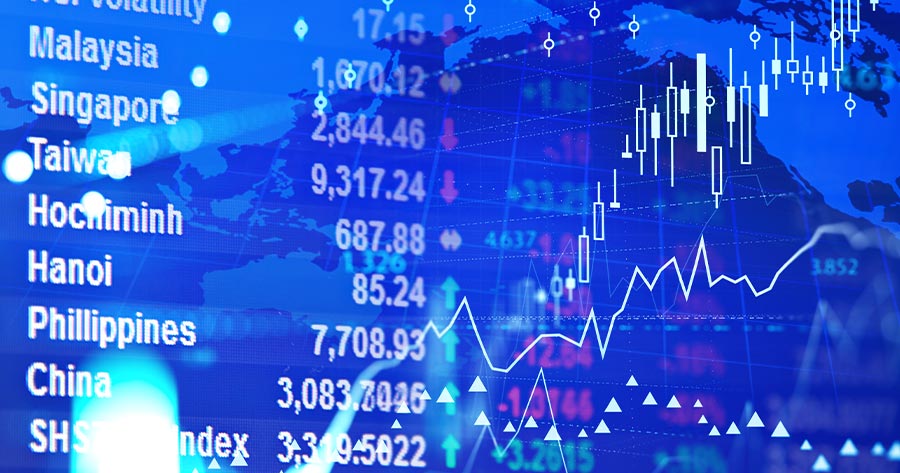On Tuesday morning (4 February, 9:37 AM, GMT+7, Bangkok time), indices in Asia Pacific exhibited an upward trend following a temporary suspension of US tariffs on Mexican and Canadian goods by President Donald Trump, offering a reprieve to both nations and easing trade tensions.
Meanwhile, Chinese markets remained closed for the Lunar New Year holiday.
Japan’s NIKKEI surged by 1.59% to 39,131.15.
South Korea’s KOSPI escalated by 1.79% to 2,497.85.
Australia’s ASX 200 increased by 0.42% to 8,415.
Hong Kong’s HSI jumped by 2.96% to 20,815.4.
Meanwhile, the US stock markets edged down on Monday as the Dow Jones Industrial Average (DJIA) slid by 0.28% to 44,421.91. NASDAQ dropped by 1.2% to 19,391.96, and S&P 500 fell by 0.76% to 5,994.57. VIX soared by 13.33% to 18.62.
As for commodities, oil prices settled higher on Monday, with the expiry of a more expensive contract, against the backdrop of the U.S. President Donald Trump’s announcement regarding tariffs on Canada, Mexico, and China.
The market initially responded positively to concerns about imports from key crude suppliers to the U.S., with prices rising over $1 per barrel. However, Trump’s decision to postpone the tariffs on Mexico for a month following an agreement to enhance border security dampened the earlier gains.
Brent futures for April added 29 cents or 0.4% to $75.96 a barrel, and the West Texas Intermediate (WTI) grew 63 cents or 0.9% to $73.16 per barrel.
This morning, Brent futures declined 57 cents or 0.75% to $75.39 a barrel, and the WTI lost 94 cents or 1.28% to $72.22 per barrel.
Meanwhile, gold futures dipped 0.24% to $2,850.3 per Troy ounce.




